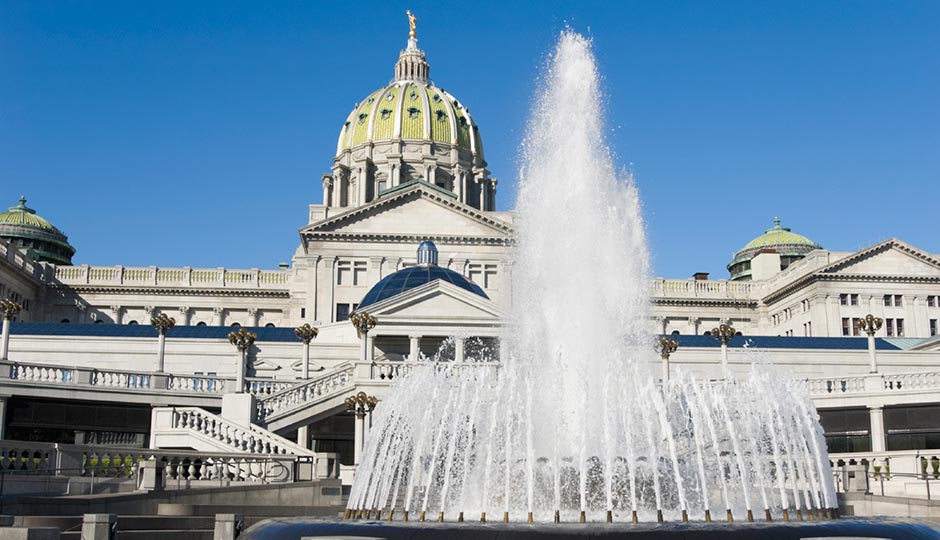Pa. Senate GOP Fast-Tracks Anti-Union, Anti-Immigrant Bills

istockphoto.com, catnap72
Much like President Donald Trump, Pennsylvania Senate Republicans are wasting no time in using their majority status to pass bills on their agenda.
As City & State Pennsylvania reported, the Senate GOP has fast-tracked two conservative bills that affect immigrants and unionized government employees. Senate committees voted out both bills yesterday.
The first, SB-9, or the “Proof of Citizenship for Receipt of Public Benefits Act,” requires immigrants to present valid identification and an affidavit confirming legal residency when collecting public benefits.
The bill has been denounced by immigrants rights groups and the Philadelphia Bar Association, which argues that the measure would not just affect undocumented immigrants, but the 11 percent of U.S. citizens who lack government-issued ID, according to the Brennan Center for Justice.
Republicans claim that the bill helps cut government spending on illegal immigrants. Studies repeatedly show that the net cost of undocumented immigrants is hard to quantify, however, given that the benefits – including taxes paid by immigrants – can work to negate the cost.
Governor Tom Wolf and Senate Democrats have reportedly criticized the bill, claiming the cost of enforcing the measure will likely outweigh the savings it could bring in.
Two other bills voted out of committee yesterday – SB-166 and SB-167 – would prevent the government from withholding union dues that could be used for political lobbying from employees’ paychecks.
Republicans say the bill would thwart tax-payer funded systems from collecting and channeling money that could eventually be used for political purposes – often by Democrats, who are more likely to unionize. But Marc Stier, director of the Pennsylvania Budget and Policy Center, told City & State that “payroll deduction costs the state nothing.”
SB-9 and SB-166 are primed for final passage early next week.
Yesterday, the Senate chose to hold a controversial bill regarding so-called sanctuary cities. If that bill is passed, Philadelphia could lose a significant amount of state funding.
Follow @ClaireSasko on Twitter.


